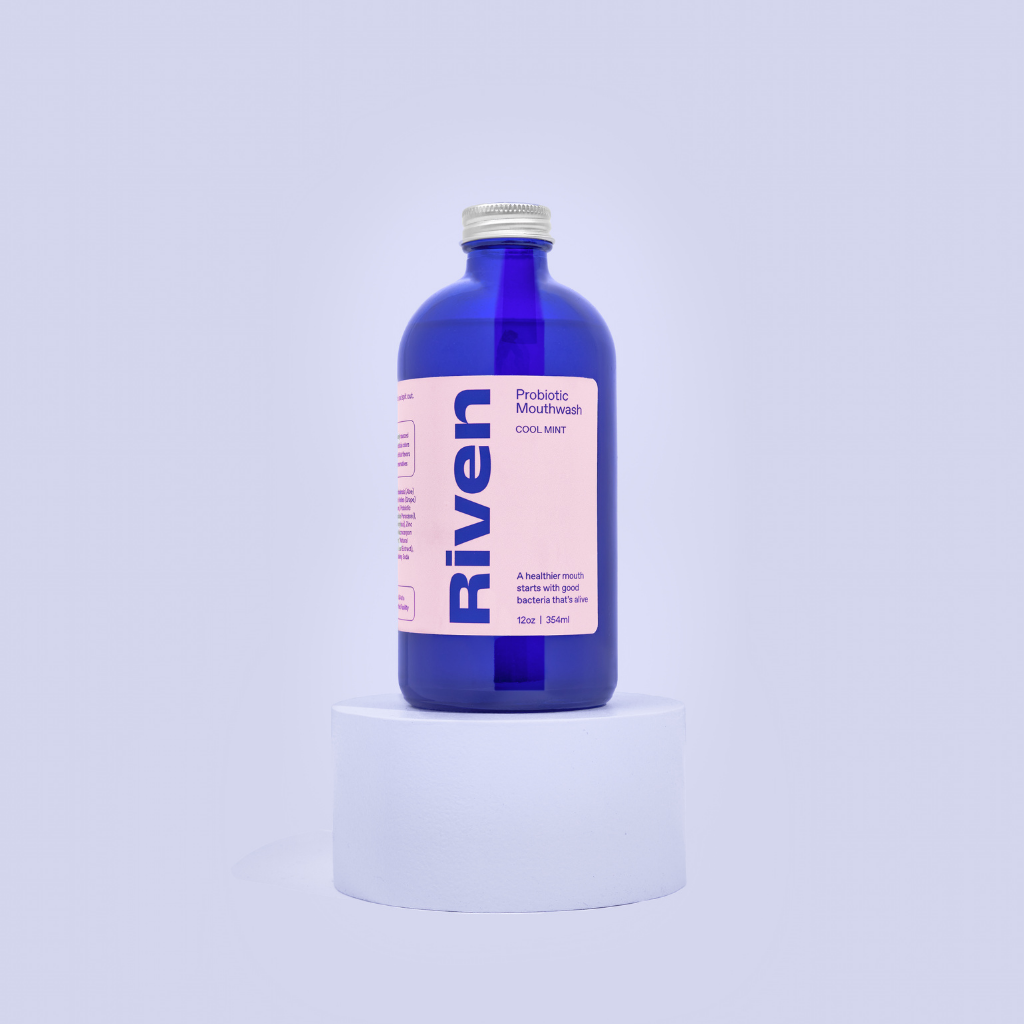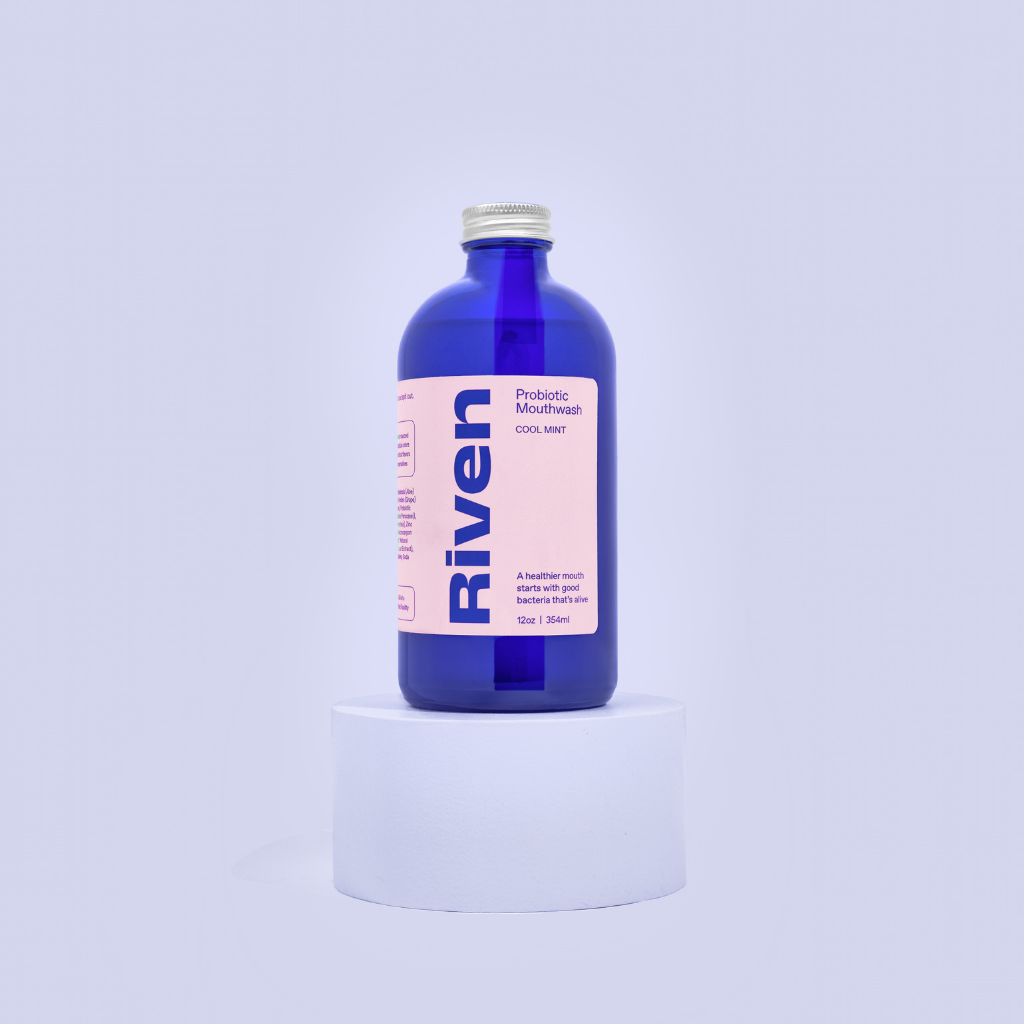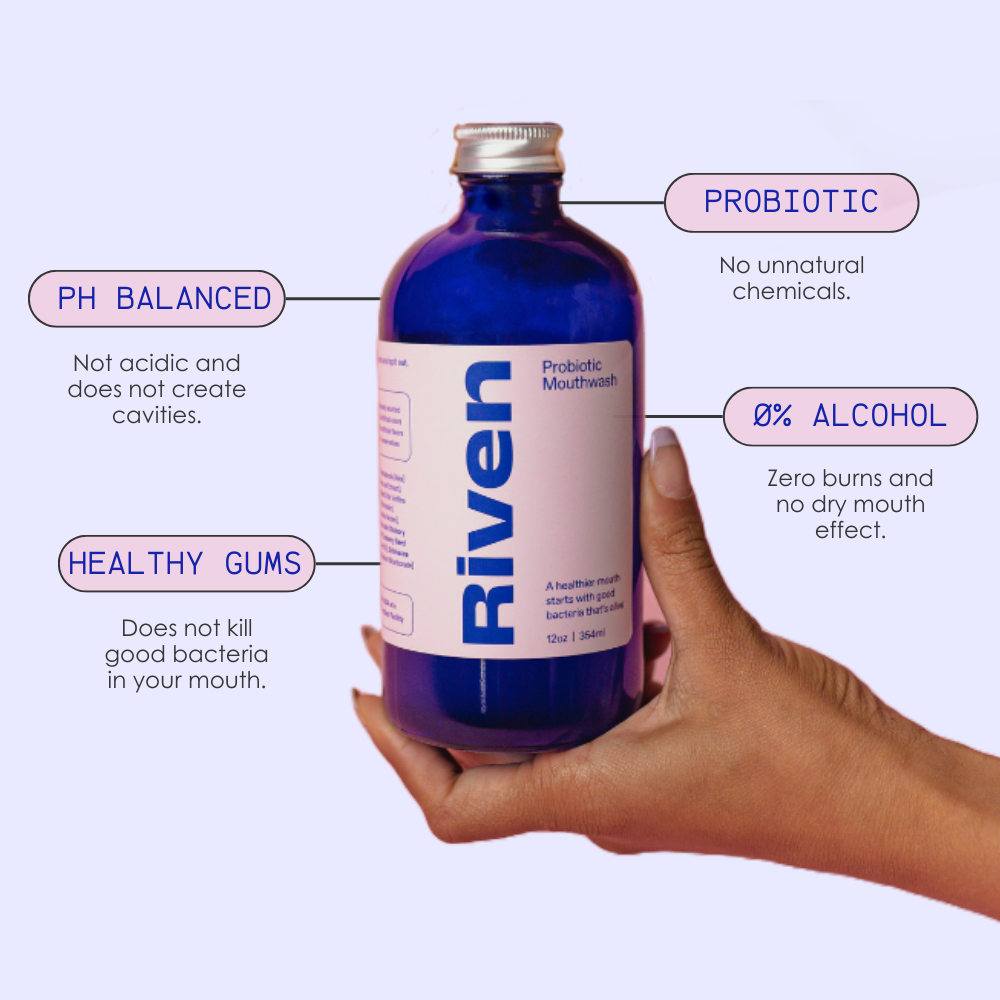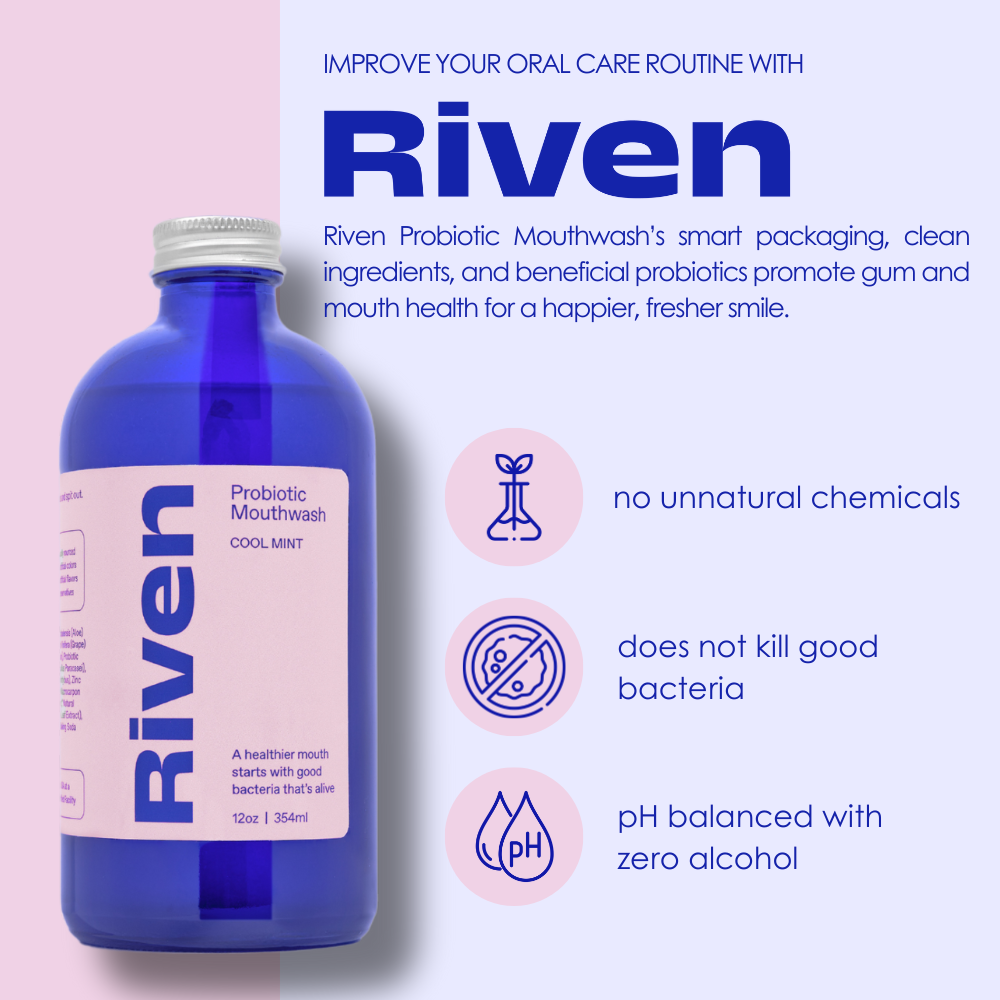Many everyday habits might seem harmless, but they can wreak havoc on our dental health. Here's why avoiding these habits is essential to maintain healthy teeth and gums, and what you can do to mitigate their adverse effects.

The Perils of Nail Biting
A prevalent but detrimental habit is nail biting. It can wear down your teeth, altering their natural shape. Furthermore, our nails often harbor bacteria that can easily transfer to our mouths when bitten. Since the mouth is a gateway to our overall health, this bacteria can move from our oral cavity through our bloodstream, potentially impacting our whole body. Looking to stop this habit? Try Mavala Stop, a bitter-tasting clear nail polish, or seek stress-reducing techniques as anxiety is often a significant trigger for nail-biting.
Habits Damaging Tooth and Gum Health
-
Mouth Breathing
Breathing through the mouth instead of the nose can cause dry mouth due to moisture evaporation. This, in turn, can result in bad breath and an elevated risk of tooth decay. To address this, consider practicing breathing exercises that encourage nasal breathing to maintain saliva production and oral hydration.
-
Vaping
Especially popular among the youth, vaping's aerosols can cause xerostomia or dry mouth. A decrease in saliva can lead to issues like bad breath, cavities, gum issues, and oral ulcers. Moreover, vaping can stimulate the growth of harmful bacteria beneath the gumline, potentially causing periodontal (gum) disease. To add, staining of teeth can occur, especially with nicotine-rich solutions. If you're looking to quit vaping, consider joining support groups or using nicotine replacement therapies under professional guidance.
-
Consuming Acidic Fruits
Fruits like lemons, limes, and oranges are vitamin-rich but can erode tooth enamel. It's recommended not to brush your teeth immediately after consuming such fruits. Instead, wait an hour or consider using a straw for acidic drinks to reduce direct exposure. Additionally, rinsing your mouth with water after consuming acidic foods can help neutralize the pH and protect your enamel.
-
Grinding and Clenching
This can lead to:
- Dental wear or chipping
- Abfraction, leading to tooth decay and sensitivity
- TMJ pain
- Gum recession
- Tension headaches
For those grinding during weightlifting, using a mouthguard is advisable. Stress-induced grinders might benefit from meditation, yoga, or journaling. Dentists can also provide occlusal/night guards. If sleep apnea might be causing the grinding, consult a doctor for a potential sleep study and recalibration of any CPAP device. Also, reducing caffeine intake before bedtime can help. Additionally, incorporating relaxation techniques into your daily routine can help manage stress-related grinding.
-
Chewing Ice
This can fracture teeth and cause sensitivity. If you find yourself frequently wanting to chew ice, consult a physician to check for anemia. To curb this habit, try substituting ice chewing with sugar-free gum or crunchy vegetables that are gentler on your teeth.
-
Using Teeth as Tools
This bad habit can cause chips or fractures in teeth, resulting in sensitivity. Our teeth aren't designed for tasks like opening bottles or cutting off tags, and doing so risks dental damage. To avoid this, keep simple tools like a bottle opener or scissors handy for such tasks.
-
Aggressive Brushing
Brushing too hard or using a hard-bristled brush can damage enamel and cause gum recession. Consider using a soft-bristled brush or an electric one with a pressure sensor. Additionally, adopt a gentle circular motion while brushing and focus on all surfaces of the teeth to ensure thorough cleaning without harming the enamel or gums.
In conclusion, while these habits might seem inconsequential, they can significantly impact oral health over time. Being aware and proactive in avoiding or mitigating these behaviors will ensure that your teeth and gums remain healthy for years to come.
For more insights on maintaining oral health, you might find the following resources valuable:
- Learn about the connection between probiotics and oral health in this article: Healthy Teeth, Happy Heart: How Probiotics Boost Your Oral Health
- Discover whether dental probiotics are worth considering in this informative read: Are Dental Probiotics Worth It?





